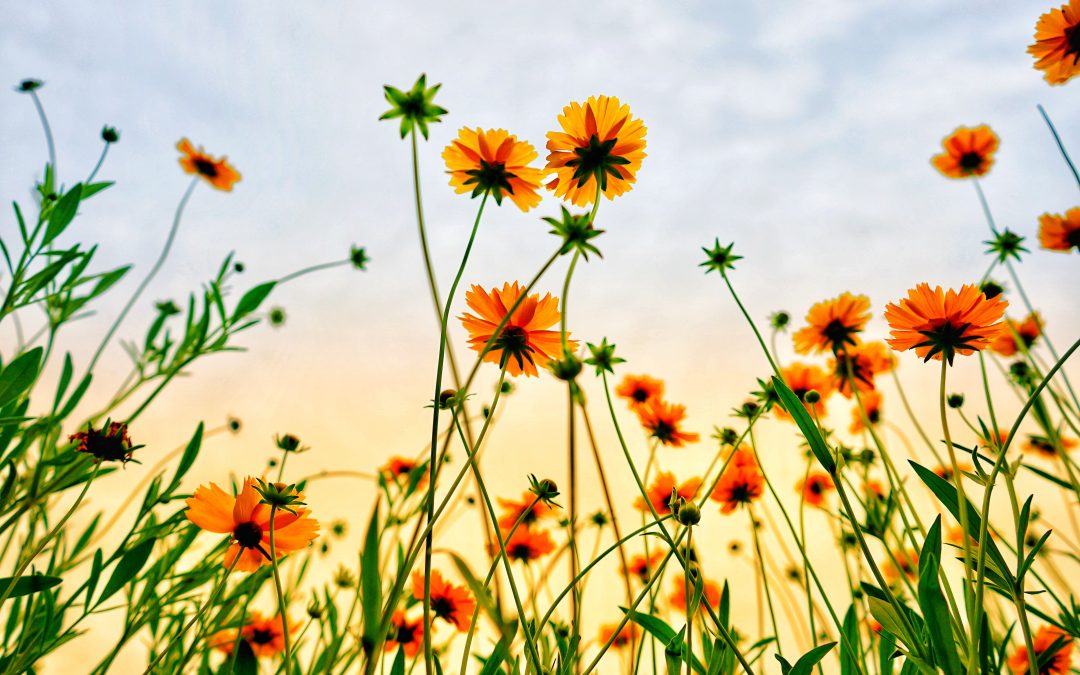A couple of weeks ago in my blog, I mentioned Keith Alban’s image of the active earlier stages of life being akin to a mountaineer, and the moving towards old age as a downhill slope. This is powerfully recalled in The Way Up Is Down exhibition, about which I’ll continue to write over coming weeks. Like the warnings that used to be posted on savings investment packages, values can go down as well as up. In the case of Leon Varga’s see-saws, it is inevitable that what goes up must come down.
In some cases, the approach of old age and death. as a type of ‘downward’ trajectory, seems a clear route, and may even feel fitting, at the end of a long life, especially perhaps where it has led to a sense that what was important to the person has diminished or decayed. It’s not hard to find a very elderly person who tells you they feel ‘ready to go.’ They may talk to you along the lines of John 21.18: ‘Very truly I tell you, when you were younger you dressed yourself and went where you wanted; but when you are old you will stretch out your hands, and someone else will dress you and lead you where you do not want to go.’ When someone has been suffering, there may be a sense of relief when a person dies – a sense almost of a lightening, of something lifting, when that suffering is over. Whether the final years are an uphill battle or a hasty scramble downhill, it’s natural to want to hope the person you loved, who has died, had a full life. When someone dies prematurely (in our eyes – who can fathom what God’s plan is for them, or those of us left behind?) it can be much harder to find the grief lifting.
The image of ups and downs also features in some chronic illnesses (as I’m discovering), as well as in the process of bereavement, and I suspect aging shares similar characteristics. It is rarely a simple ascent: you’d look in vain for a straight route to a trig point! Kind friends like to ask me how I am, and the simplest answer is often ‘good days and bad days – and today is a … (insert appropriate word) day.’ Or I may say ‘I have my ups and downs,’ which is quite accurate, as I’ve discovered the best way of keeping my energy batteries charged is by lying down and resting three times a day! (I may have mentioned my two cats’ ability to share in yoga nidra …?). In facing up to a long term illness, I feel some real sense that I have ‘lost’ the sense of being a well person, the person I knew and understood.
Like chronic illness, bereavement is rarely a linear journey. I am sure you are all familiar with the cyclical waves of sadness, anger, numbness, acceptance, and plenty more besides – and even that almost guilty moment when you realise you have forgotten, for a few moments, to grieve, and had a good laugh at something (maybe something your departed loved one would have shared in finding amusing).
Recently, I had a week in which fell the birthdays of two very dear friends who had died in the last year, and also in which the final clearance was done of the house I grew up in, following my mother’s death. This concatenation of poignant memorial times led me, as so often when I seek consolation, to the Great Outdoors. And there I found a poem.
June Drop, Nostell Priory
The language of flowers speaks to me
in a Yorkshire garden, near mid-summer.
Marguerites in a patch of meadow –
that’s for Peggy, for decades here a steward:
she would have loved the fleeting presence
of pied wagtail, gleaning crumbs
from cream teas in the courtyard.
The limbs of espaliered fruit trees
contorted into conformity recall
the twisted arthritic finger-joints
she placed, so trustingly, in my hands.
Electric blue damsel-flies light up
the long grass and buttercups –
here’s my mother, in essence,
rebelliously cultivating the wilderness
that waited for the gardener of the family
to die; her flashes of sharpness,
how she escaped capture,
her bright determination.
And here’s a wilful dog-rose, lavishing
its sweetness along a path that leads
to the herb garden, where your eponymous herb,
dear Rosemary, yields its fragrance to the warm air.
That’s for remembrance – and I tally up
today the scant half-century of your fruitful life,
considering how you tended the crops of young minds
and souls that flourished in your care.
In the orchard there’s evidence of June drop;
these apple trees know, on these long days,
which fruitlets they must shed,
to safeguard the harvest as a whole.
I have not fully ‘lost’ you all,
for I have found you here, together,
in this sunny garden, and while I may wish
my heart as hard and rational as a tree,
I’m thankful that you flowered so generously.
Tears fall beside the nut-sized apples,
but then my spirit soars with the blackbird’s
low, sweet swoop, the sight of goslings stretching
their fluffy soon-to-be-wings,
and I search the long grass for salves:
eyebright, selfheal, speedwell, heartsease.
Hannah Stone

